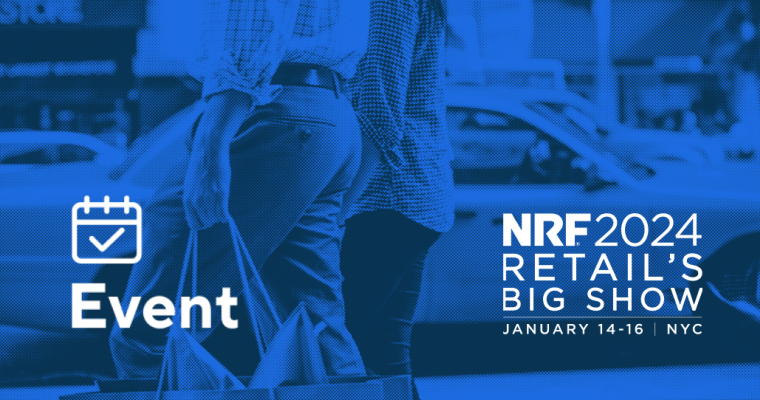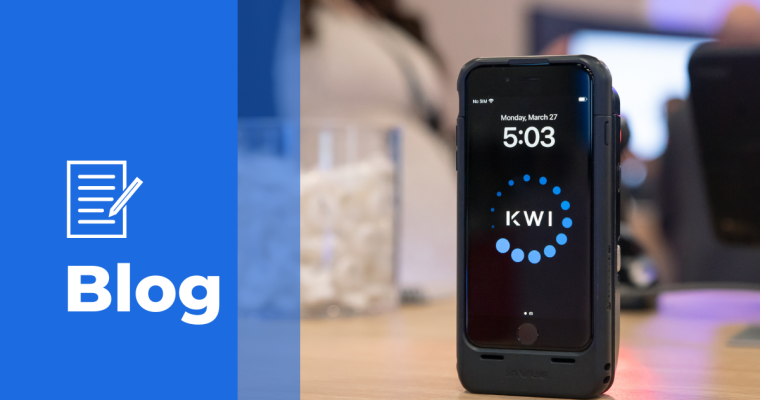RETAIL OMNICHANNEL PLATFORM
KWI helps retailers maximize sales by uniting their online and in-store capabilities to deliver delightful shopper experiences. With KWI Merchandising and mobile POS, retailers can execute omnichannel flawlessly, and right at their fingertips — clienteling, endless aisle, mobile checkout with the latest payment options, inventory management, and ecommerce.



ALL-IN-ONE OMNICHANNEL SOLUTION
Our suite of solutions can be purchased as modules or come pre-integrated, including: mobile POS, Merchandising, Order Management, eCommerce, Loyalty, and CRM.
Click below to explore KWI’s interactive Retail Omnichannel Platform:

POS

Merchandising

Ecommerce

Order Management

Loyalty

CRM

Global Payments

Helpdesk

Hardware

Customer Success

Integration

Implementation
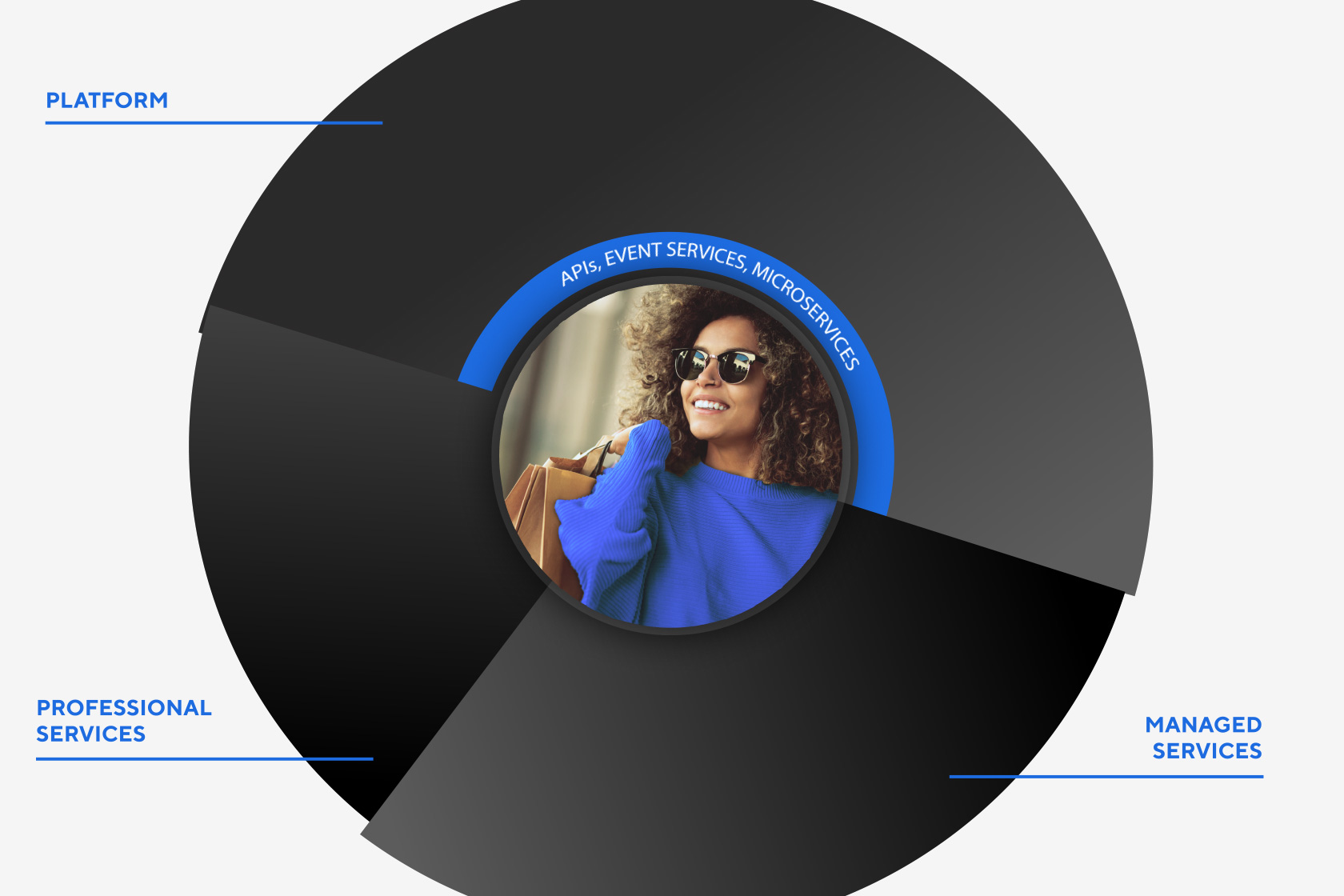

Merchandising
Distribute, price and manage your products so they’re always in the right place at the right price.

Ecommerce
Pre-integrated into your Merchandising and POS system for an amazing omnichannel experience.

Order Management
Coordinate fulfillment across channels so you can optimize every single sale.

Loyalty
Create seamless customer experiences and unleash your creativity with a fresh new approach to managing loyalty programs.

CRM
Unified, actionable data so you can sell more––with advanced reporting and loyalty programs.

Helpdesk
Always on, always ready to help 7/24/365 for everything from software to hardware.

Hardware
Stress free hardware management including sourcing, configuration & testing, staging, and depot service.

Customer Success
Here to help you get the most out of the platform, optimize processes and adopt best practices.

Integration
Three decades of integrating our solutions into existing business systems. Business uninterrupted.

Implementation
With our in-house professional services, we do it for you and with you so there’s no finger pointing.
WHY KWI?
BECAUSE EXPERIENCE MATTERS
Tomorrow’s tech, today
Think mobile. Think omnichannel. Think unparalleled flexibility and reliability with tons of payment options and lightning-fast speed. In today’s world, your retail tech has to be even quicker and more connected than your customers. Let’s get at it.
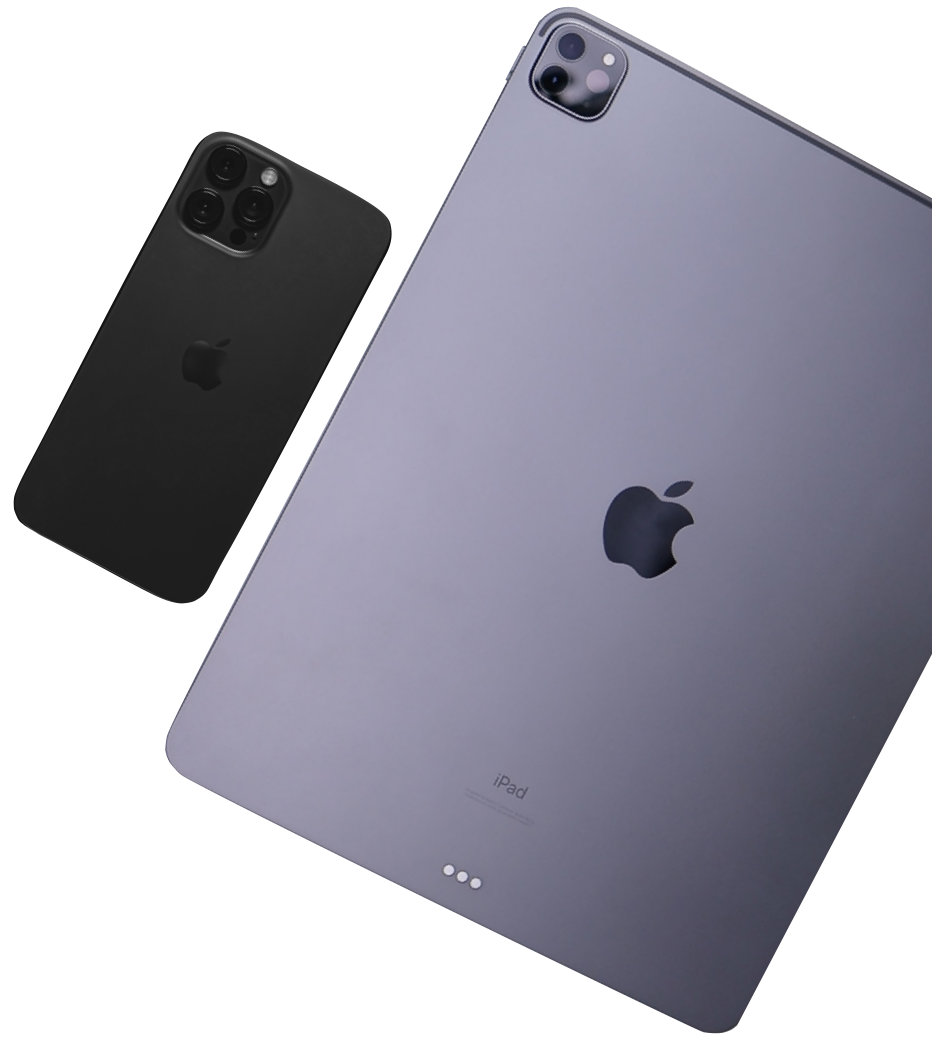

One partner for everything
One partner for all your hardware, software, and support. Because calling three vendors to get one thing done isn’t on today’s agenda.
Software
POS, Merchandise/Inventory management, Order management, CRM, and eCommerce.
Hardware
Sourcing, configuration & testing, staging and next-day replacement of in-store hardware.
Support
24/7/365 help desk support, merchant services, implementation & integrations, and a designated customer success team.
Experience and then some
Has retail turned to chaos? Only for brands who can’t keep up. KWI has been moving at the pace of retail for over three decades. Our obsession is helping you stay one move ahead so you can sell more than you ever thought possible.
Retail tech has been our core competency since we started out decades ago. 100% of our customers are retailers. 100% of our R&D is in retail. 100% of our obsession is retail.

30B
$30B
transactions
managed
98%
98%
customer
retention
0
0
BS or
red tape
Seamless Integration with the partners you rely on
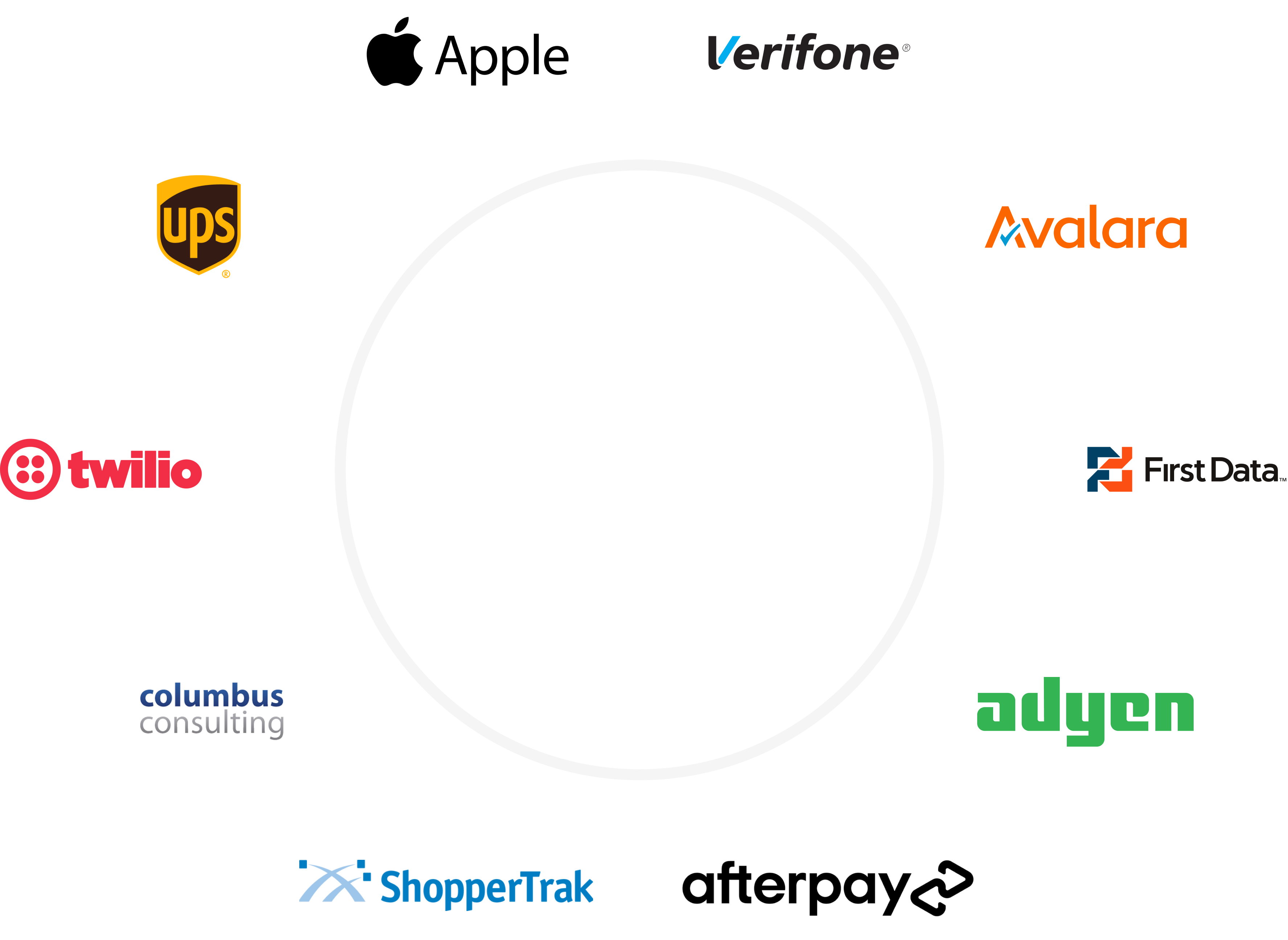
Speak to a retail expert
Take the first steps towards launching a modern retail omnichannel platform.


